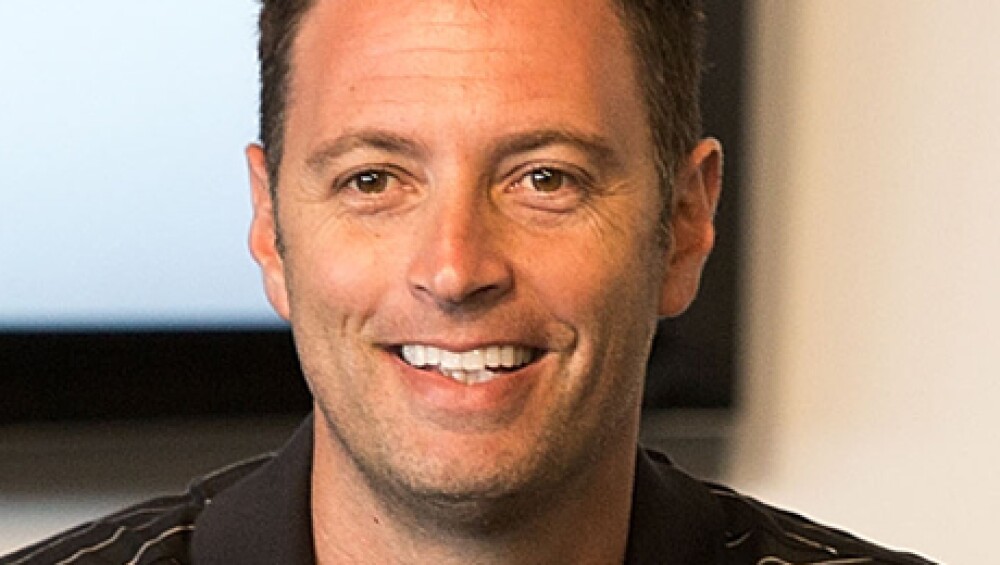As a sports psychologist, Giovanni Valiante is no stranger to helping peak performers cope with stress, having counseled top-ranked golfers Matt Kuchar, Justin Rose and Lexi Thompson. But Valiante’s latest client — Point72 Asset Management, the family office of billionaire Steven Cohen — could be his most challenging yet. “Empathy is critical for understanding what the PMs are experiencing during times of emotional stress and market volatility,” says Point72’s affable resident performance coach.
Valiante joined Point72 in January as part of a broader effort to change the culture at the Stamford, Connecticut–based firm. Former hedge fund luminary Cohen is working on a fresh start after his SAC Capital Advisors pleaded guilty to insider trading charges in 2013. SAC paid $1.8 billion in penalties and was reinvented as Point72, whose assets now stand at $11 billion.
Dr. Gio, as he’s often called, must now contend with an employee assistance program on steroids for 1,000 staff. “Nobody calls me when things are going well,” explains Valiante, whose office has a poster of a teddy bear embracing a kitten above the caption “You’re never too big to need a hug.” Employees come to him when they’re performing poorly and can’t think their way out, says the psychologist, who is known for dispensing hugs liberally at Point72.
That’s because the pressure to excel is fierce. “Steve doesn’t want to win by a touchdown,” notes Valiante, 45. “He wants to win by ten. You are either getting better or getting worse.”
Valiante, who holds a Ph.D. in educational psychology from Emory University, helps his clients build confidence by showing them how to persist in the face of obstacles and failure. Empathy and the ability to connect with high-performance athletes translate well to coaching analysts and portfolio managers, says the Boca Raton, Florida, native, who teaches self-efficacy, or confidence in one’s ability to achieve goals. Whether on the PGA tour or at a top-tier asset manager, both venues where results are immediately known and judged, there can be a disconnect between belief in oneself and actual ability.
Before moving to Stamford with his wife and two young children, Valiante — whose golf clients have won 60 events in 15 years — was a psychology professor in the education department at Rollins College in Winter Park, Florida. Late last year Point72 chief of staff Michael Sullivan invited him to give a talk at Cohen’s Connecticut home. “I didn’t know the firm was undergoing transformation,” Valiante recalls.
Leading the shift is Douglas Haynes, recruited in 2014 as human capital director and elevated to president last year. Point72 aims “to be considered among the greatest firms in the financial industry and best firms in the world,” says Haynes, whose effort draws on his three decades at consulting firm McKinsey & Co., General Electric Co. and the Central Intelligence Agency. “You don’t set out to change the culture; you set out to achieve something, then build the culture to achieve it.”
At February’s Absolute Return Symposium in New York, Haynes laid out another goal. “If we maintain our world-class compliance programs and continue to adhere to the high ethical standards defined by our mission and values, we should be in a position to again manage outside capital as soon as January 1, 2018,” he told attendees.
Valiante isn’t the first mental health professional retained by Cohen. In 1992, SAC hired Ari Kiev, a psychiatrist who specialized in depression and suicide prevention and had worked with Olympic athletes before he began helping stressed-out traders. Kiev’s death in 2009 left a gap that Valiante has filled.
Working at a firm that strives to be No. 1 and is rebuilding its culture can be tough on everyone, including the coach. “When your work is rooted in understanding suffering, you have to have compassion,” Valiante says. “I’m in the trenches with them. It’s life in the big leagues, and there’s no shade, nowhere to hide.”
Follow Frances Denmark on Twitter at @francesdenmark.






